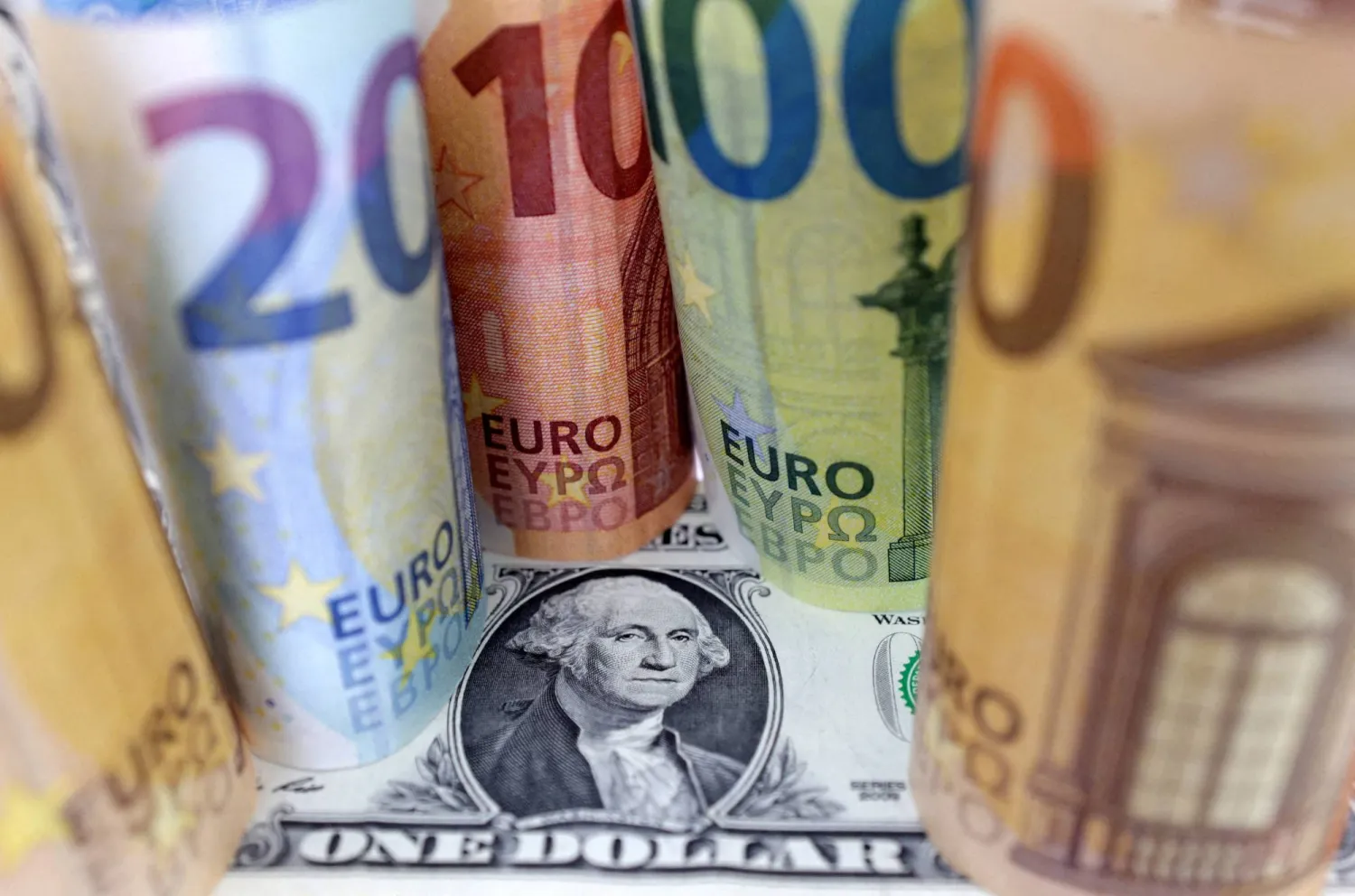Europe's fintech industry faces an uncertain future after funding squeezes over the past two years brought lofty pandemic-era ambitions and valuations down to earth, but some are optimistic that lower interest rates will spur a recovery.
At a fintech conference in Amsterdam this week, the mood among delegates was mixed - although speakers and organisers on-stage were upbeat, particularly about the promise of artificial intelligence, according to Reuters.
Damien Dugauquier, co-founder of iPiD, a Singapore-based fintech which offers pre-payment validation services, said fundraising was "considerably harder" in Europe compared with the US or Asia, which he attributed to Europe's weaker economic growth.
"I'm hoping that it changes for Europe," he told Reuters on the sidelines of the Money20/20 conference, where many of the exhibitors were focused on crypto or AI.
AI was the buzzword as the conference kicked off on Tuesday, with talks from some of Europe's leading tech firms, including Mistral AI. There was a "co-host" AI chatbot interviewed on stage, which malfunctioned at first, and a mind-controlled beer-pouring robot on show.
Fintech - or financial technology - companies have been struggling since 2022 to raise money needed to bankroll their operations after central banks raised rates to combat inflation, ending the era of free-flowing cash.
Dugauquier, who recently closed a $5.3 million funding round said: "It took us eight months whereas I guess two years ago it would have taken three months. So it's getting better but it's not back to the crazy days for sure."
For investors looking to assess the state of the industry, major areas of concern were companies' valuations, their path to profitability in a European economy lagging the US and how they were handling increased regulatory scrutiny of the sector.
"I don't know if we are at the end of the downside of the cycle, to be honest, because interest rates are still high," said Helene Falchier, a partner at fintech-focused venture capital firm Portage Ventures, which says it has $2.5 billion worth of assets under management.
Venture capital funding flowing into fintechs in Europe dropped sharply last year to $9.2 billion in 2023 from $26 billion in 2022, PitchBook data shows.
There's little sign of fintech fundraising returning to its pandemic-era highs, with funding deal volumes having reached just $4.4 billion in Europe by the end of May, the data showed.
Portage Ventures' Falchier said company founders had learned lessons from the pandemic era and were more realistic about valuations, although dealflow was still buffeted by external events.
"We are in this area where when there is good news I think everyone is really excited and want to move deals," Falchier said. But she also said the market was sensitive to bad news and geopolitical issues.
-PROFITABLE
Some delegates were more upbeat, noting that the Money20/20 event had grown rapidly from previous years.
Monica Long, president of US crypto firm Ripple, said that people flying in from the US to Amsterdam suggested that fintech is doing well and booming in Europe.
"Crypto start-ups are doing better in Europe than most places. There's more crypto banks here in Europe than anywhere else," she told Reuters in an interview.
Although valuations have fallen across fintech sectors globally, executives at the conference said that for companies with proven profitability the outlook looks rosier.
Kunal Jhanji, the head of Boston Consulting Group's UK fintech and payments practice, said in emailed comments that European companies' valuations were not as "heightened" as peers in Asia and the US because they had less access to capital, and so they have been "quietly turning the corner on profitability for some time".
IPO activity and M&A should pick up next year as interest rates come down, he added.
British digital bank Monzo, which this week reported its first annual profit, secured 340 million pounds of new funding in March in a round led by Alphabet, valuing it at 4 billion pounds ($5.11 billion) - an increase from a round in 2021.
"What I know for sure is there is enough appetite for profitable companies ... if the unit economics are stacked on your side, you will still be able to attract great valuations," said Ani Sane, co-founder and chief business officer at payments company TerraPay in London.
TerraPay raised more than $100 million in 2023 in debt and equity financing.
European companies have generally found it difficult to raise money locally, sending them to the United States where capital markets are deeper, and prompting efforts by governments in Europe to try and make it easier for start-ups to access funding.
Delegates also said expectations that fintech companies would disrupt mainstream finance had been proven wrong.
"I remember when fintech was first described, there was a sense that fintech companies would be very disruptive to major institutions, potentially even be able to take significant market share," said Joanne Hannaford, who leads technology strategy at Deutsche Bank's corporate bank.
"In fact that hasn't actually materialised."









